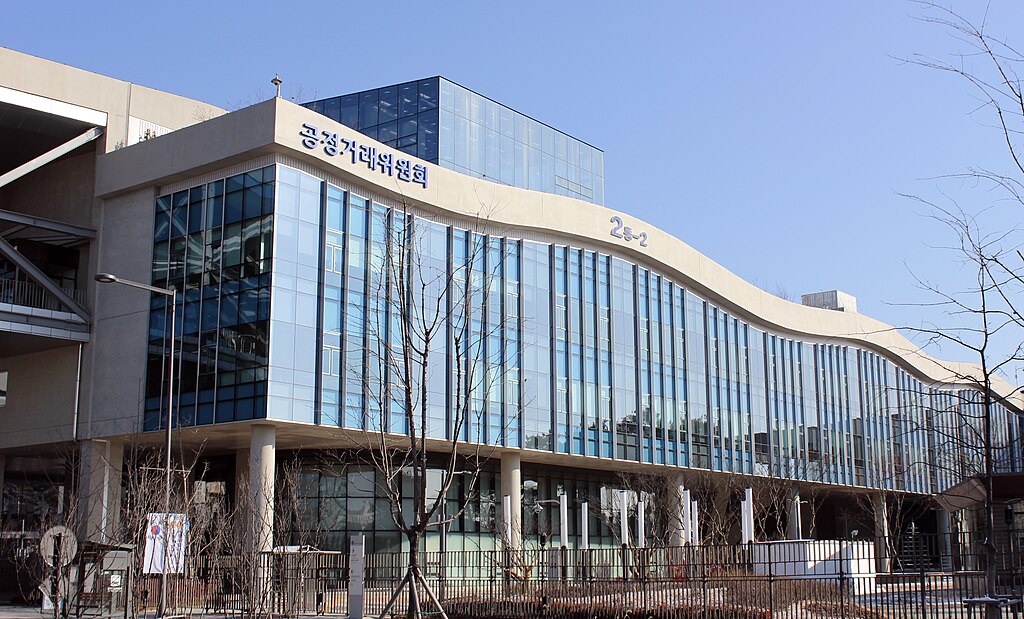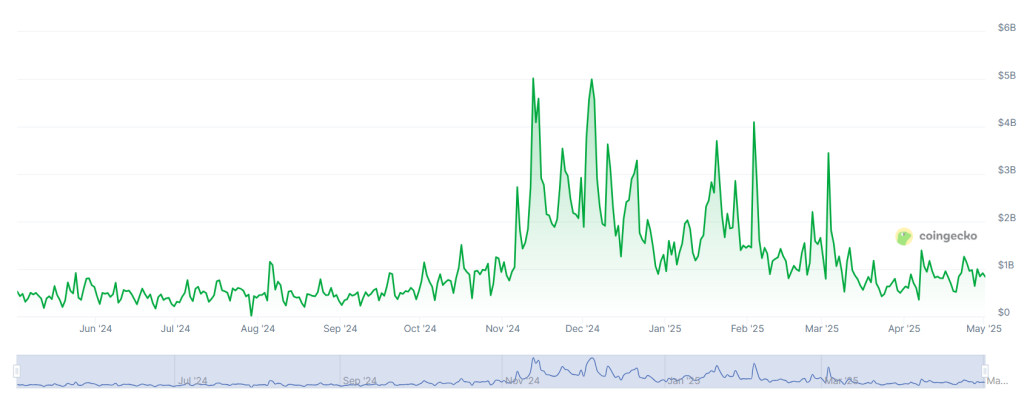The South Korean Fair Trade Commission (FTC) has officially classified the prominent crypto exchange Bithumb as a conglomerate. This designation will require Bithumb to comply with various financial and regulatory obligations, marking a pivotal moment in the evolving landscape of cryptocurrency governance in South Korea.
According to Jeongi Shinmun, Bithumb was among only five companies added to the FTC’s conglomerate registry on May 1, highlighting its significance in the market.
Understanding Bithumb’s Conglomerate Status
In South Korea, the government has defined two distinct categories for conglomerates. The first is the “large conglomerate” category, subject to stringent public disclosure requirements, aimed at enhancing transparency among major corporate players.

Under South Korean law, large conglomerates are mandated to submit regular financial disclosures and maintain transparency about their stock holdings. Additionally, the compliance requirement extends to directors and their immediate families, enforcing strict regulations on expropriation.
On the other hand, companies classified within the second conglomerate category must follow investment and cross-holding regulations. These measures aim to curb the influence of powerful firms by limiting their ability to make substantial investments in publicly traded companies.
Previously, the FTC had determined that Upbit, a rival to Bithumb, qualified as a “large conglomerate.” In 2022, Upbit’s operator Dunamu became the first official large conglomerate in South Korea’s cryptocurrency sector. The designation was maintained in subsequent years but was recently downgraded to the lower conglomerate category, joining Bithumb.
Both classifications impose restrictions on the companies, preventing them from making equity investments or providing loan guarantees through their affiliates and subsidiaries.
Limited Additions to the FTC’s Conglomerate List
This year, Bithumb is one of only five companies added to the FTC’s conglomerate list, along with LIG (a weapons manufacturer), Daekwang (real estate), Sajo (food manufacturing), and EUKOR (shipping).

Increased Scrutiny on Chaebols
The provisions within South Korea’s Fair Trade Act are significantly influenced by the emergence of chaebols—large, family-owned conglomerates dominant in various industries, such as Samsung and LG. Critics argue that these business groups hold disproportionate power within both corporate and political arenas, often stifling competition from smaller firms.
The act aims to prohibit unfair advantages to “special related parties,” with regulations designed to prevent circular investments that obscure financial activities by allowing company owners to invest in subsidiaries.
The FTC stated that the designation of both Bithumb and Upbit was largely influenced by the surge in crypto trading observed in late 2024. As the U.S. Presidential Election approached, a notable increase in customer deposits on local exchanges was recorded.
However, the FTC’s decisions regarding crypto exchanges have drawn some criticism. Critics point to the challenges of accurately assessing asset valuations, particularly because exchanges typically hold large amounts of cryptocurrency rather than fiat currency.
This development serves as a significant step in South Korea’s efforts to regulate the rapidly evolving crypto landscape, emphasizing the government’s commitment to promoting transparency and fair practice in the financial sector.
The post South Korean Regulator Designates Crypto Exchange Bithumb as a Conglomerate originally appeared on Cryptonews.











